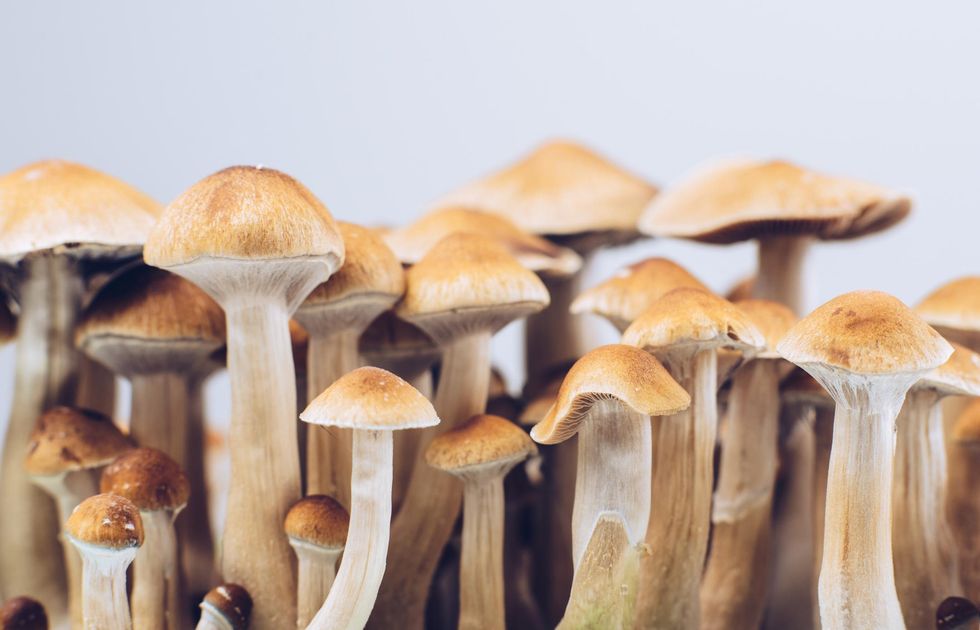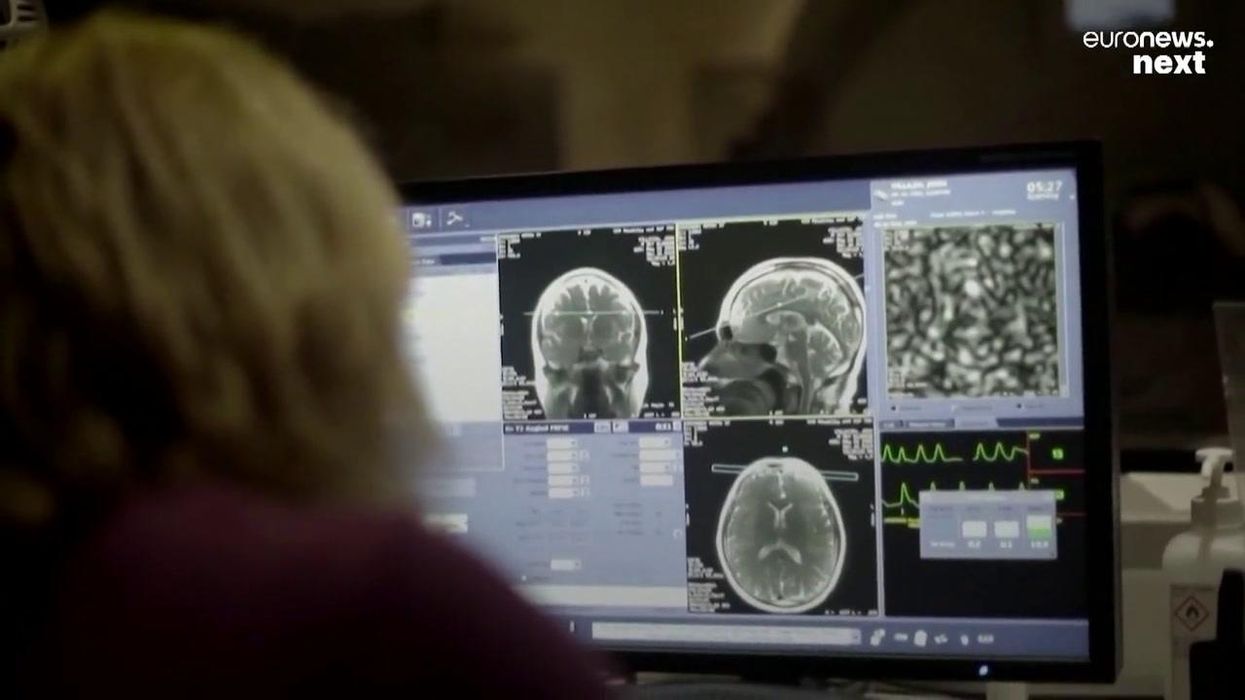Viral
Becca Monaghan
Nov 04, 2022
Psilocybin in magic mushrooms ‘significantly reduces’ symptoms of depression, trial shows
Euronews
Over the last few years, researchers have delved into the effects of psychedelics on mental health. Now, a new trial has suggested magic mushrooms may hold the key to relieving symptoms of severe depression.
In one of the largest studies to date, mushrooms have shown a positive correlation between taking the drug and easing depression. This is said to be a result of the psychedelic compound, psilocybin.
The investigation was led by the mental health care company COMPASS Pathways, with the largest sample size to date of 233 participants who suffer from treatment-resistant depression. The people involved had tried out at least two antidepressant treatments in the past, that hadn't worked for them.
The trials lasted 12 weeks and took place over 22 sites across 10 countries in Europe and North America.
The Montgomery-Åsberg Depression Rating Scale was used to monitor changes in symptoms, including asking questions that covered mood, tension, sleep and appetite.
Sign up to our free Indy100 weekly newsletter

Participants were split into three groups. One received 10 mg of a synthetic form of psilocybin called COMP360. A second group were given 25 mg, followed by the third with 1 mg. None of the participants was made aware of how much they were given.
Psychiatrist James Rucker, from King's College London, said: This study, which is by far the largest clinical trial on the use of psilocybin for treatment-resistant depression to date, demonstrated that a single 25 mg dose of psilocybin reduces the severity of participants' symptoms in comparison to a 1 mg control dose."
Results revealed no major difference between the 10 mg group and the 1 mg group.
Despite being described by Rucker as a "positive step in the right direction," 84 per cent of volunteers from the 25 mg group reported side effects such as headache, nausea, and dizziness in the three months following.
A handful of people experienced more severe adverse effects, including two reporting self-harm and two of suicidal ideation.
Researchers noted that future studies need to be vigilant of side effects, but were overall confident with the initial findings.
"These findings are a positive step in the right direction," Rucker said. "Our task now is to investigate psilocybin for treatment-resistant depression in larger trials with more participants, comparing it both to placebo and to established treatments."
The investigation now plans on heading to a phase 3 trial.
Have your say in our news democracy. Click the upvote icon at the top of the page to help raise this article through the indy100 rankings.
Top 100
The Conversation (0)














